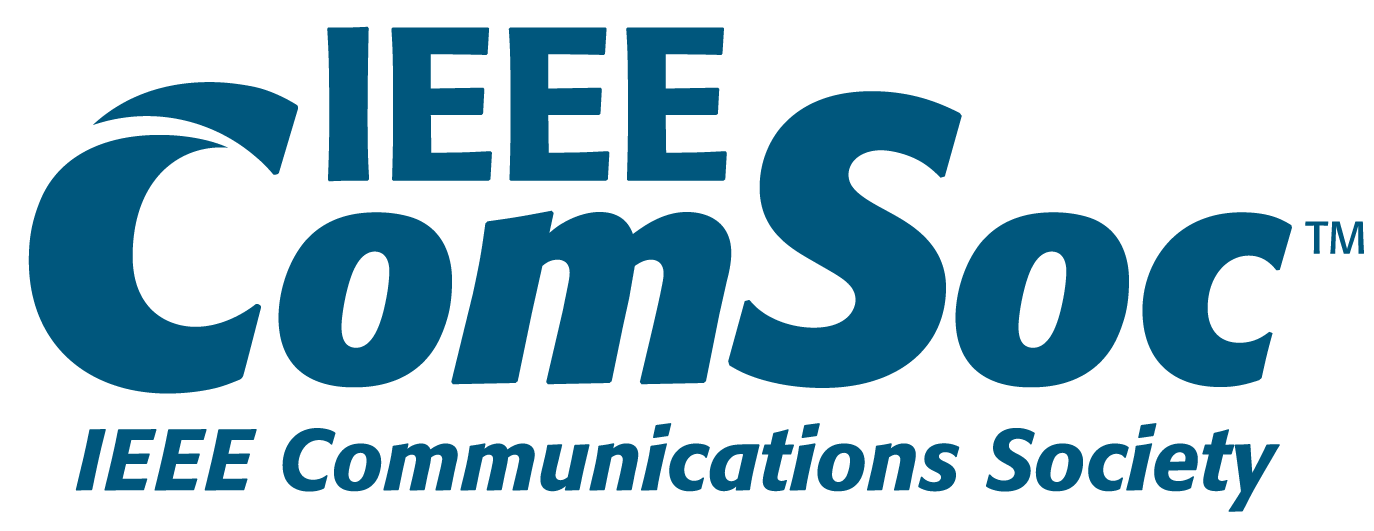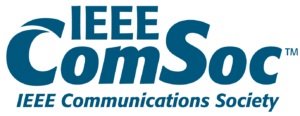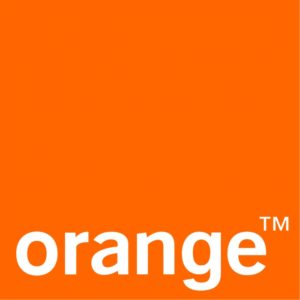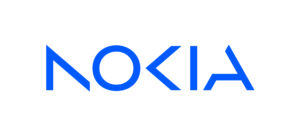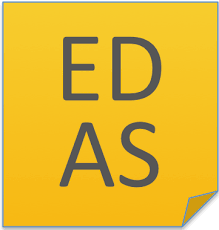ICIN 2024 Tutorials
Tutorial #1
Title: Setting up a Reinforcement Learning pipeline for a Telco Core Network
Duration: 3.5 hours with break
Abstract: This tutorial aims to describe how to implement a Reinforcement Learning (RL) pipeline using an Open Source Core Network like the Magma project as the environment. It details the steps required for such an integration: framing the problem according to RL, automating the deployment of the platform on a Cloud Infrastructure using Infrastructure-as-Code, automation of the actions on the platform, collection of the state of the environment through the monitoring tools. The tutorial will use the autoscaling of network functions as a use case for demonstration, showing how a RL algorithm can learn how to scale in or out the number of deployed instances automatically according to the traffic.
The tutorial will show how to implement a RL algorithm such as Deep Q- Learning, how to run experiments and how to analyze the results. It will also detail lessons learned in the process.

Shantanu Verma
(Orange Innovation Networks, Gurgaon, India)
Bio: Shantanu VERMA holds a bachelor’s degree in Computer Science and started his professional career with Orange in 2020. He has worked as engineer on various AI projects with use cases focused on Telco and Cloud. Being associated with Cognitive and Predictive Network Management research project at Orange from 2021, he has contributed on engineering and designing the difference aspects of the problem of resource scaling of Network Functions (NFs) from the perspective of RL.

Guillaume Fraysse
(Orange Innovation Networks, Paris, France)
Bio: Guillaume FRAYSSE first got a Software Engineering Master’s Degree in 1999 from the University of Bordeaux and worked as an engineer or architects in different capacities at Orange while getting a Master’s Degree in Distributed Systems from Sorbonne University in 2003 and getting his PhD in Computer Science in 2020. He has since been managing the Cognitive and Predictive Network Management research project at Orange. One of the focus of this project is the automation of the management of Core Networks using RL.
Tutorial #2
Title: Recent advances in Container Orchestration: Network-Aware Scheduling in Container Clouds
Duration: 3.5 hours with break
Abstract: Containers have revolutionized application deployment and life-cycle management in current cloud platforms.
Applications have evolved from single monoliths to complex graphs of loosely-coupled microservices aiming to improve deployment flexibility and operational efficiency. Nonetheless, the efficient orchestration of containerized applications is still challenging due to their complex inter-dependencies. Scheduling policies in popular container orchestration platforms mainly aim to increase the resource efficiency of the infrastructure, which is insufficient for latency-sensitive applications demanding low latency between dependent microservices. This tutorial provides an overview of application scenarios and methodologies to address the efficient orchestration of containerized applications. After that, the tutorial provides a practical vision of network-aware scheduling via the developed Diktyo framework 1,2 for the popular Kubernetes (K8s) platform. Diktyo determines the placement of dependent microservices focused on reducing the application’s end-to-end latency. The tutorial includes a live-demo showing the benefits of Diktyo by deploying typical containerized applications. Diktyo is open-sourced and hosted in the K8s scheduling community as an alternative scheduler. Lastly, lessons learned alongside future trends in container scheduling are outlined.

José Santos
(Ghent University – imec, IDLab, Gent, Belgium)
Bio: José Santos obtained his M.Sc. degree in Electrical and Computers Engineering in July 2015 from the University of Porto, Portugal. Recently, he completed his doctoral studies at Ghent University in April 2022. He is currently a Postdoctoral Researcher in the Internet Technology and Data Science Lab (IDLab) Research Group at Ghent University – imec, Belgium. His research interests include Cloud Computing, the Internet of Things (IoT), Container Scheduling and Auto-scaling, Service Function Chaining, and Reinforcement Learning. His work has been published in more than 20 scientific publications. He received the PhD Excellence award 2022 from imec (Belgium) and the Best Dissertation Award at NOMS 2023 (Miami, USA).

Chen Wang
(IBM Thomas J. Watson Research Center, New York, USA)
Bio: Chen Wang obtained her M.S.c and Ph.D. degrees in Electrical and Computer Engineering from Carnegie Mellon University (CMU) in 2014 and 2017, respectively. Since 2017, she has worked as a Research Staff Member at IBM Thomas J. Watson Research Center. Her research interests include Cloud video streaming systems, Cloud resource management, Container Cloud platforms, Serverless Computing, Machine Learning/Data Analytics systems, and data-driven cloud system management, with a special focus on machine learning approaches. She authored and coauthored 20+ papers, and served as co-chair for ACM International Workshop on Containers, ACM Middleware Industrial Track, IEEE CloudCom, etc.
Tutorial #3
Title: Green NFV: framework and enablers for energy savings in telecom network deployments
Duration: 1.5 hours
Abstract: Growing number of users and ever-increasing data-intensive mobile applications are causing continuous increase in the data traffic to be handled by telecommunication networks. This growth has a direct relation with carbon footprint of telecom network deployments. To meet the goals of carbon neutrality, it becomes paramount to make the network deployments greener and energy efficient.
Network functions virtualization (NFV) technology with its inherent properties, like virtualization, infrastructure sharing, demand-based scaling of network functions and services, can act as an enabling technology in reducing carbon footprint of large-scale telecom deployments. The sophisticated management and monitoring framework offered by the NFV Management and Orchestration (NFV- MANO) system can play a vital role in ensuring energy efficiency objectives of telecom network providers.
The goal of this tutorial is:
1. To describe NFV use cases showcasing energy saving potential in Telco deployments
2. To highlight the key issues and potential solutions related to energy consumption, energy-efficient design and management, metrics collection and monitoring
3. To explore the features and capabilities of NFV MANO system in view of energy efficiency requirements.
At the end of the proposed 90-minute tutorial, the audience is expected to have an effective understanding of energy efficiency support in NFV.

Hammad Zafar
(NEC Laboratories Europe in Heidelberg, Germany)
Bio: Hammad Zafar is a Standardization Researcher at NEC Laboratories Europe in Heidelberg, Germany. His current research is focused on using standard orchestration and management frameworks to achieve energy-efficiency, performance optimization, trust and privacy in communication networks. He is an active delegate at the ETSI NFV standards organization and has been involved in the development of NFV standards since 2020. He has contributed to around 6 published ETSI NFV standard documents and is Rapporteur for multiple work items. He is actively contributing to the ‘Green NFV’ feature in NFV and has provided several contributions to the published report on energy efficiency aspects for NFV, ETSI GR NFV-EVE 021. Besides software design, architecture and development, API design and testing, Hammad also has extensive experience in modeling, emulation and testing of standard NFV APIs for management and orchestration of virtualized network function and services. Hammad holds a Masters in Electronic Engineering (2018) and Bachelors in Electrical Engineering (2015).
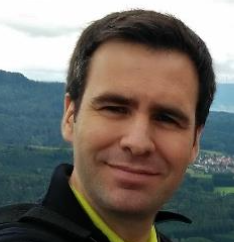
Joan Triay
(DOCOMO Euro-Labs, Germany)
Bio: Dr. Joan Triay is a network architect and manager at DOCOMO Euro-Labs, in Munich, Germany, which he joined in 2012, and where he is currently involved in standardization and development activities spanning different areas such as network virtualization, telecom cloudification, mobile communication networks, and 5G network management and orchestration. Before joining DOCOMO Euro- Labs, Joan had been a visiting fellow at the University of Essex, UK (2009-2010) and a visiting researcher at the University of Massachusetts, Dartmouth (2010-2011) sponsored by a Fulbright fellowship. Joan served as the Technical Manager of the ETSI NFV, standardization group that he joined as a delegate from the very beginning (2013) and in which he has been participating actively in developing the NFV concepts and standards. Joan holds an M.Eng. in Telecommunications Engineering (2006), an M.Sc. and Ph.D. in Telematics Engineering (Computer Networks) (2007 and 2011, respectively) all from Universitat Politècnica de Catalunya (UPC), BarcelonaTech, Spain.
Tutorial #4
Title: Enabling Networking Technologies for High Performance Computing
Duration: 1.5 hours
Abstract: Two converging trends motivate this tutorial: the massive amount of data center computation and the scale of these operations, as well as the deployment of reliable distributed storage systems. Indeed, with machine learning and artificial intelligence workloads becoming ubiquitous, there is a strong need for data interconnects and networking protocols that allow these workloads to be distributed over multiple processing nodes, to query databases, process the results and then the results being aggregated back to the application. This has pushed some high-performance requirements and new solutions onto the networking layer. Virtualization, softwarization and containerization impact data center networks as well.
This tutorial provides a deep dive into the networking layer for these types of workloads. It will focus on the networking layer to support fast transport of data for time sensitive applications. We will survey the state of the art in networking technologies used for high performance computing, and will describe the most relevant ones.
The tutorial will describe the need and emerging use cases for networking technology to efficiently support RDMA, RPCs, and will describe other efforts such as DetNet for time-sensitive networking.

Cedric Westphal
(Futurewei, USA)
Bio: Cedric Westphal is a Principal Research Architect with Futurewei working on future network architecture, both for wired and wireless networks. His current focus is on next generation Internet.
He was an adjunct assistant, then associate professor with the University of California, Santa Cruz from 2009 to 2019. Prior to Futurewei, he was with DOCOMO Innovations from 2007 to 2011 in the Networking Architecture Group focusing on next generation network architectures. He was at Nokia Research Center (now Nokia Bell Labs) from 2000 to 2006. He has received a MSEE in 1995 from Ecole Centrale Paris, and a MS (1995) and PhD (2000) in EE from the University of California, Los Angeles. From 1997 to 2000, he was a visiting researcher at Stanford University. Cedric Westphal has authored and coauthored over a hundred journal and conference papers, including several best paper awards at conferences such as IEEE ICC’11, IEEE ICNC’18, IEEE MuSIC’16 and others.
Dr. Westphal has given tutorials at many conferences, including “High Speed Cellular Networks, architecture and protocols” (IEEE/IFIP Networking 2005); “Wireless Mesh Networks, architecture and protocols” (European Wireless 2007); “Information-Centric Networking, Current state of the Art and Future Directions” (IEEE Globecom 2013); “Information-Centric Networks: Status and Open Research Problems,” (IEEE SACONET 2013); “Management of Future Networks: Issues and Opportunities in Information-Centric Networks” (IEEE IM 2015), as well as keynotes and invited talks. His most recent tutorials were “Enabling Technologies for the Softwarization of Operations and Control Networks” at IEEE NetSoft 2023 in Madrid, Spain and “Enabling Technologies for Operations and Control Network” at IEEE/IFIP NOMS 2023 in Miami, USA.
